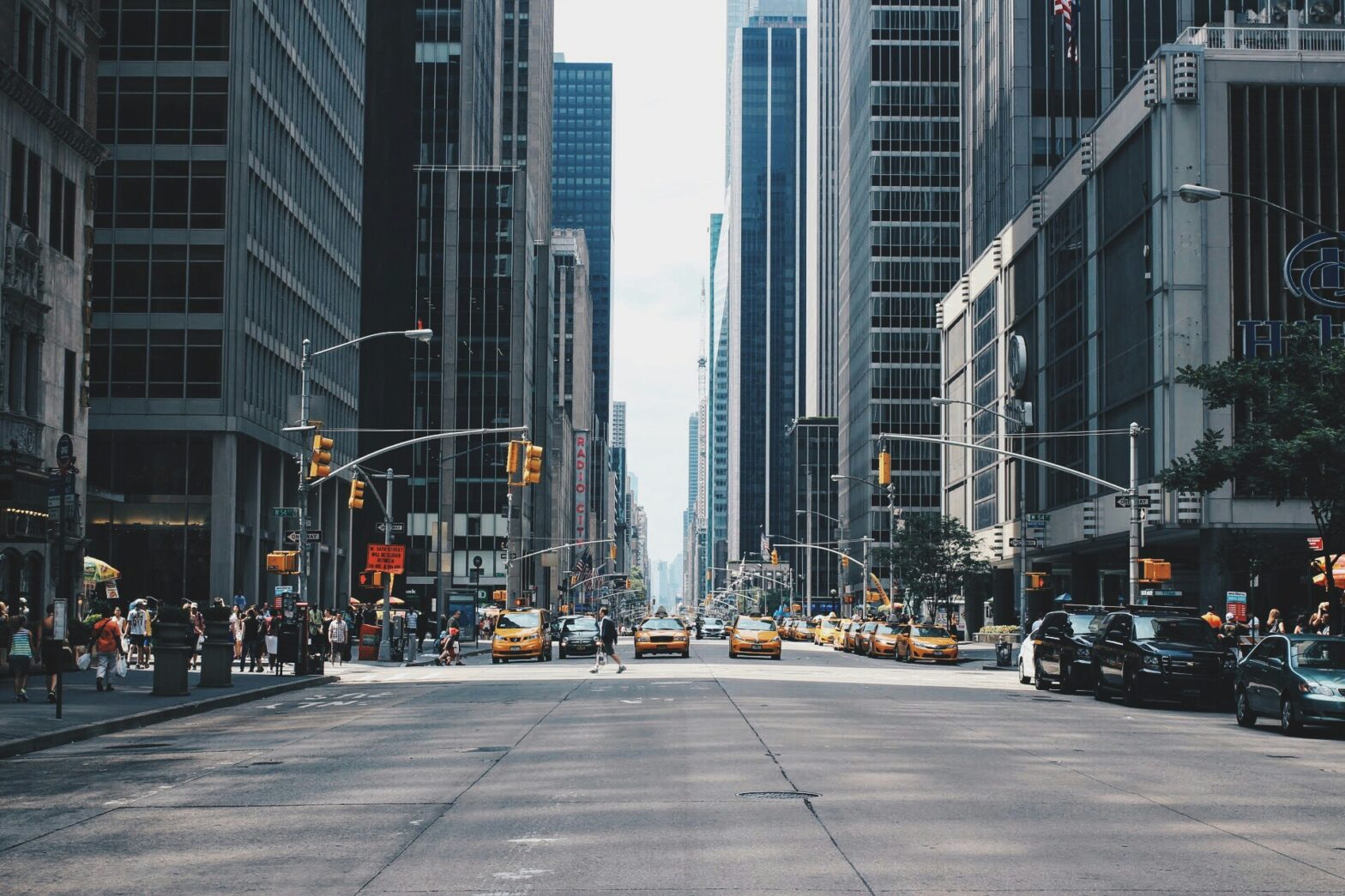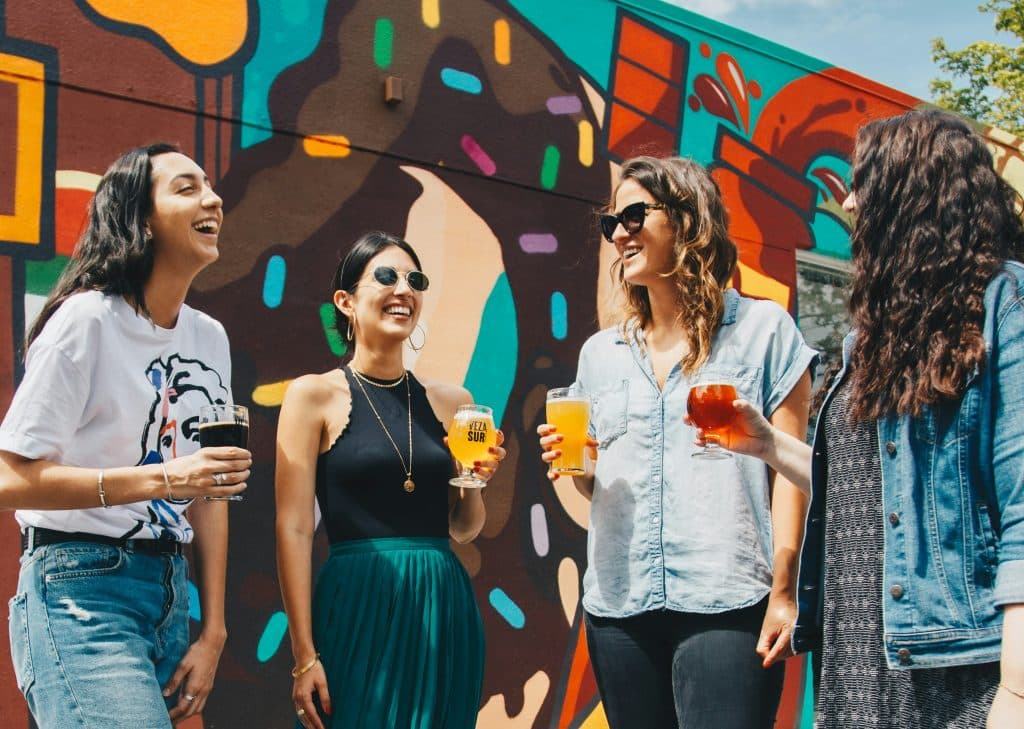Who doesn’t dream of a life abroad where safety and stability form the foundation of every day? In an ever more interconnected world, expats value countries with low crime rates, solid political institutions, resilient healthcare systems and minimal natural disaster risk. Foyer Global Health presents this 2025 guide on the world’s safest countries for living a secure and fulfilling expat life.
Understanding safety in a global context
Safety today combines several dimensions that shape everyday life for expats. Political stability means transparent institutions and few protests or unrest. Law enforcement must be both effective and trusted. In the wake of recent health crises, robust healthcare infrastructure is essential. Economic resilience helps households withstand inflation. Natural disaster preparedness determines whether emergencies are contained or become full crises.
Key dimensions of safety include:
- Political stability and accountable governance
- Fair, well-trained police forces and impartial judiciaries
- Healthcare systems with expanded capacity, universal coverage and digital-health options
- Economic resilience, balancing wage growth, tax rates and social welfare against rising costs
- Disaster- preparedness measures such as strong building codes, early warning systems and community drills
The criteria for evaluating safety
Our 2025 rankings rely on the latest data from major global agencies, adjusted for post-pandemic realities. We assess each country’s performance across five core areas
- Global Peace Index (GPI) scores, reflecting reductions in militarization and community violence
- Crime rates from UNODC, tracking both violent crime and property crime per 100 000 inhabitants
- Healthcare quality via WHO and OECD metrics, including doctor-to-patient ratios and availability of telemedicine
- Cost of living indices and work-life balance measures, accounting for inflation and digital nomad visa schemes
- Environmental risk assessments, factoring in recent hurricanes, earthquakes and wildfires
By combining these factors, we identify the safest countries that deliver both security and high quality of life for expats.
Spotlight on the safest countries in 2025
Portugal: Europe’s peaceful gem
Portugal remains in the top ten of the GPI in 2025 thanks to improved community policing in Lisbon and Porto. Petty crime has fallen by 12 percent since 2023. Rural watch programmes strengthen bonds in villages across the Algarve and Alentejo. The Portugal Golden Visa still attracts investors, though the minimum real estate investment rose to €350 000 this year. Expats benefit from year-round sunshine, fresh seafood, healthcare ranked in the EU’s top quintile for patient satisfaction and a cost of living about 25 percent below the EU average.
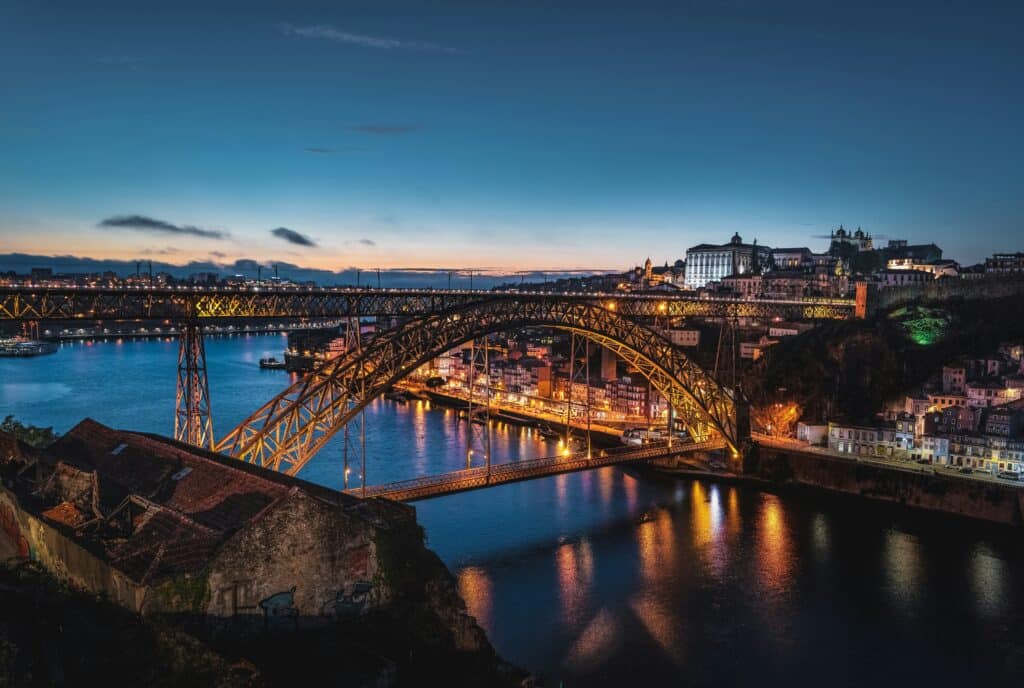
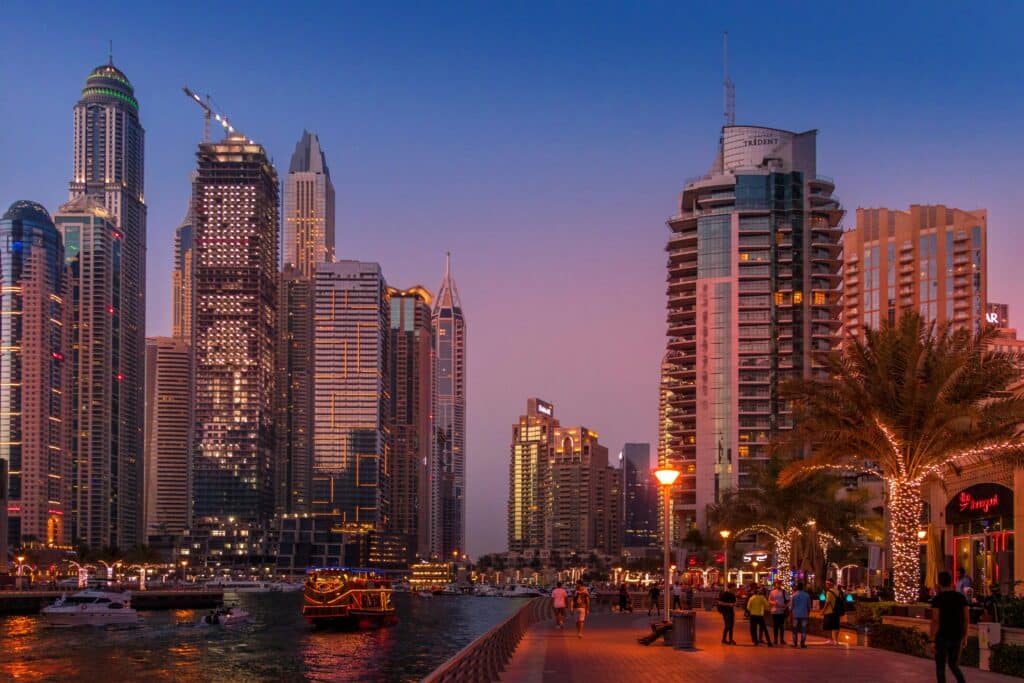
Dubai United Arab Emirates: modern oasis of security
Dubai’s ultra-low crime rate persists in 2025, supported by AI-driven surveillance and a resident reporting app. The new digital nomad visa grants one-year stays, extendable up to four years, with access to tax-free salaries and leading private hospitals. Violent crime is essentially nonexistent and minor offences carry strict penalties. Transport expansions, including two new metro lines and autonomous-bus trials, enhance road safety. Expats in Dubai enjoy a world-class healthcare system, efficient services and a dynamic global community.
Singapore: the gold standard in urban safety
Singapore again ranks number one among safest countries in 2025 with minimal violent crime and falling cybercrime rates. Migrant worker integration programmes have reduced social tension. The doctor-to-patient ratio of 1:400 is among Asia’s best. Expanded subsidies now cover tele-psychiatry services for all residents. Climate resilience measures—upgraded flood barriers in Marina Bay and urban greening—protect against extreme weather. Expats find a multilingual society, reliable transport and guaranteed eight-hour workdays with generous leave benefits.

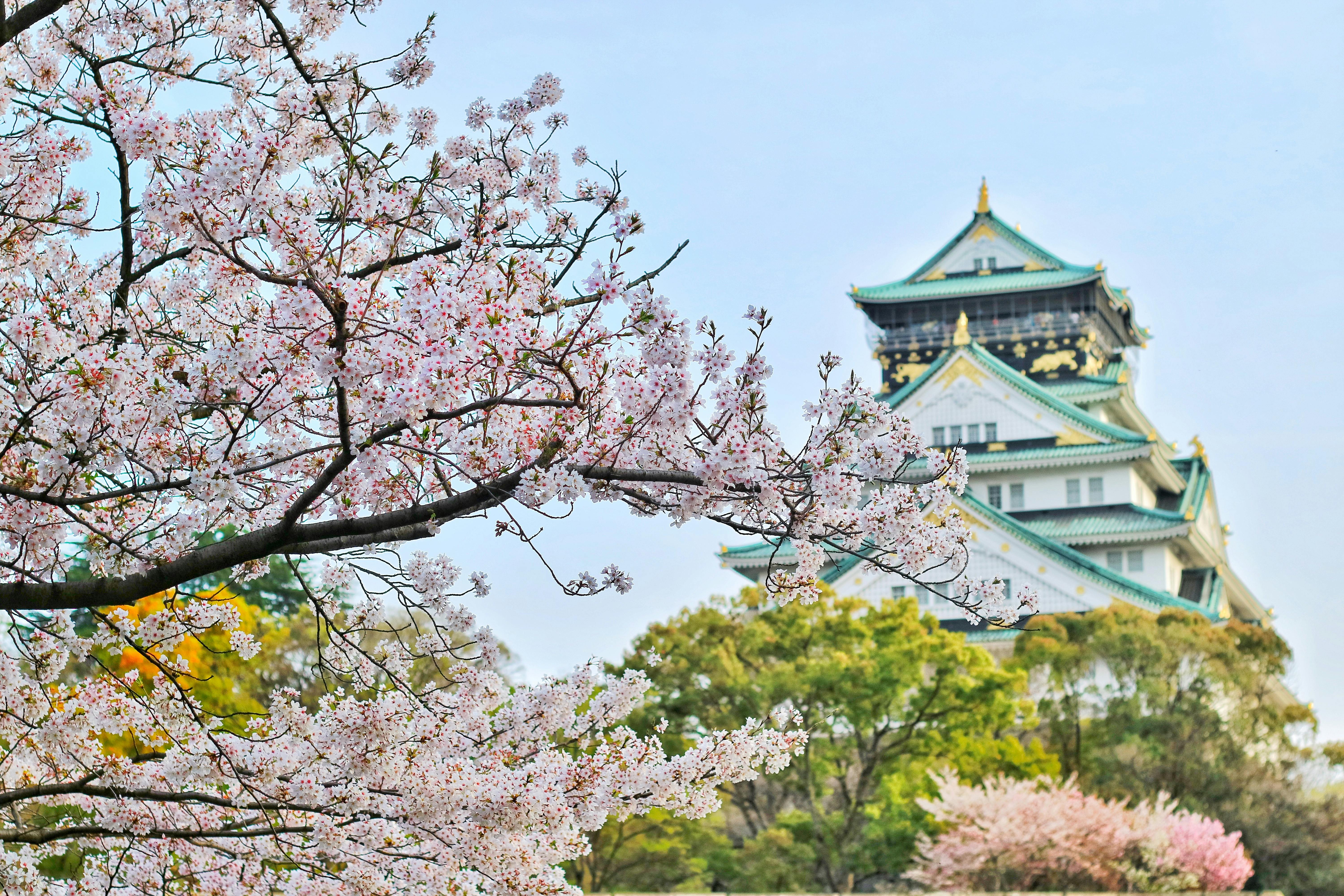
Japan: tradition meets technological safety
Japan’s safety reputation strengthened in 2025 after retrofitting 40 percent of at-risk buildings with next-generation earthquake-resistant designs. Violent crime remains among the lowest globally. Property crimes continue their decade-long decline. Japan’s healthcare added AI-driven diagnostic centres and integrated patient records across 200 hospitals. An expanded bullet train network connects Tokyo to regional cities, making safe travel effortless. Japan’s cultural emphasis on respect and order further enhances everyday security for expats.
Hong Kong: Urban synamism with reassured safety
Despite political tensions, Hong Kong kept crime rates below one incident per 1 000 residents in 2025. Community liaison officers build trust between police and international neighbourhoods. Public hospitals introduced expat-friendly clinics and English-speaking staff, reducing wait times by 25 percent. Though rents rose 8 percent since 2023, quality housing remains available near top international schools. The MTR network is punctual, well lit and safe at all hours. Strict food-safety protocols add another layer of urban security.
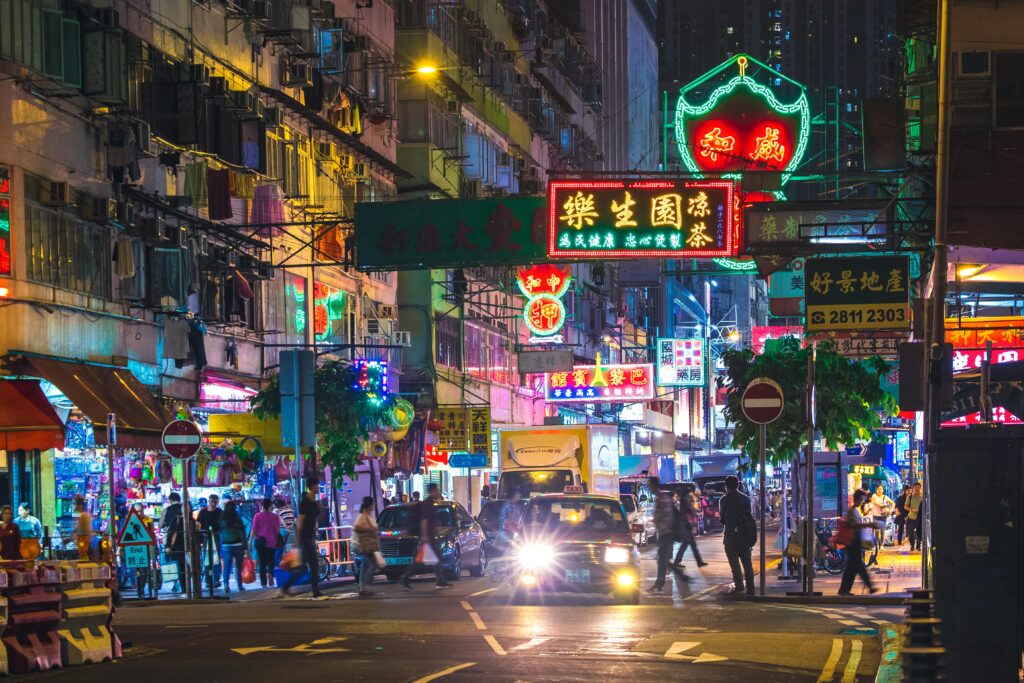
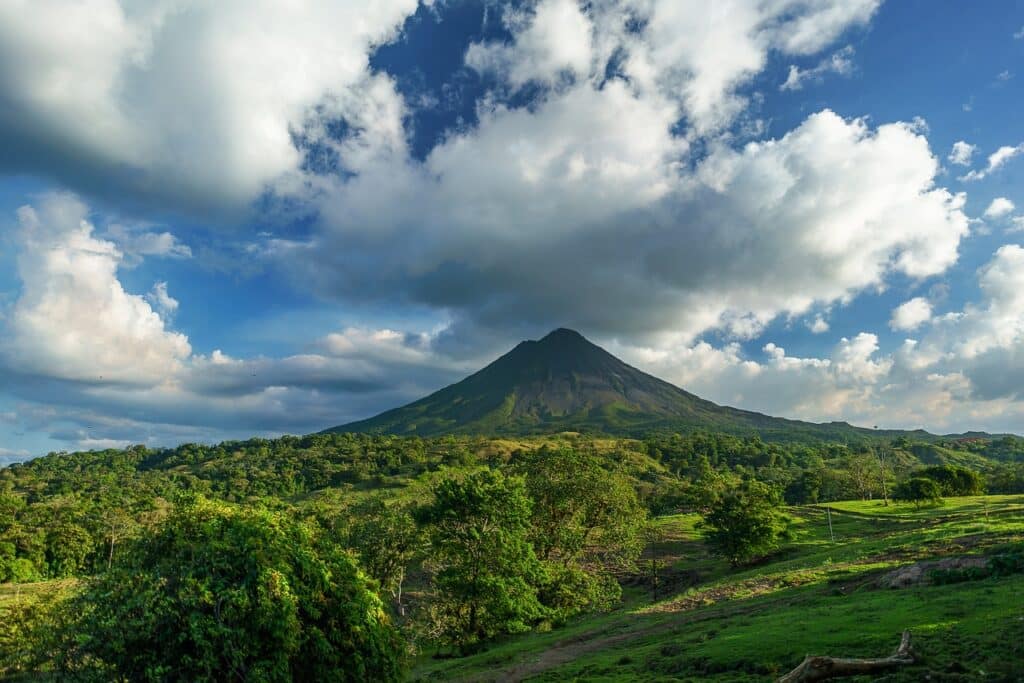
Costa Rica: Pura Vida in a secure natural paradise
Costa Rica embodies “Pura Vida” with low violent-crime rates outside a few urban areas. Expanded rural clinics cut average travel time for medical care from 45 to 25 minutes. The government installed earthquake-early warning sensors along the Pacific coast and updated building codes for beachfront properties. Universal public healthcare pairs with private international insurance options to keep costs moderate. Expats enjoy eco-tours in rainforests, surfing on the Nicoya Peninsula and a strong environmental protection ethos.
Essential Safety Tips for Expats
Even in the safest countries, personal vigilance remains important. Follow these guidelines
- Keep digital and printed copies of essential documents and know local emergency numbers
- Stay informed by subscribing to reputable local news outlets and embassy advisories
- Obtain comprehensive health insurance that covers telemedicine and emergency evacuation
- Learn and respect local laws and cultural norms to avoid fines or legal issues
- Build a support network through expat forums, neighbourhood watch groups or community apps
Choosing where to live abroad involves balancing safety, quality of life, cost of living and cultural fit. In 2025, Portugal, Dubai, Singapore, Japan, Hong Kong, Costa Rica and Ireland stand out as the safest countries for expats. Selecting one of these low-crime, politically stable, healthcare-rich destinations sets the stage for a smooth transition and an enriching life overseas. Foyer Global Health is here to support you with tailored international health insurance and expat services so you can focus on enjoying your new safe haven.
